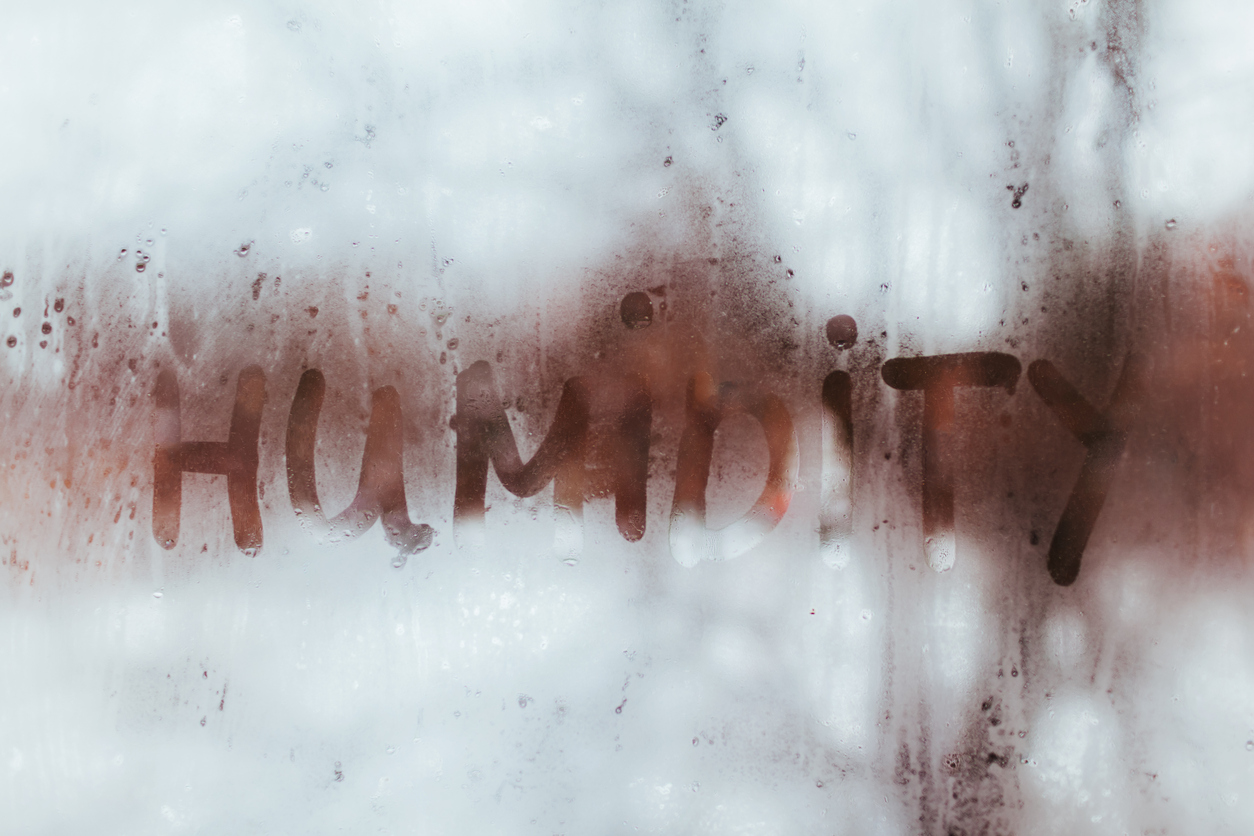During the winter, the cold, dry air combines with high use of indoor heating, leading to low levels of humidity. You may not realize this can increase your risk of catching colds, the flu, and other infections. Visit Dr. Shukla, your pulmonologist in New York, for help treating respiratory infections.
It turns out those humid days that frizz your hair and upset your mood are beneficial in many ways. For one, high humidity means it rains more. More rain means the temperature is better regulated, with less extreme high and low temperatures. Humidity is also essential for healthy, beautiful skin. In addition, humid air is better for your sinuses than dry air: aside from bloody noses, by “raising indoor relative humidity levels to 43 percent or above”, you can avoid 86 percent of aforementioned virus particles [skymetweather.com.]
The verdict is in: humid air is better than dry for your health!
Dr. Shukla, your pulmonologist in New York, cares for pediatric respiratory as well as all allergy and asthma needs.
The Problem with Low Humidity
Ideal humidity is between 40 and 60 percent, and lower humidity can lead to serious health complications. During the winter the combination of cold air and indoor heating can lead to seriously dry air. Dry air causes a multitude of health problems:
- Dry skin
- Irritated sinuses
- Scratchy throat
- Itchy eyes
- And more (read on…)
Long-Term Effects of Low Humidity
Over time, low humidity can cause the mucous membranes that line the respiratory tract to become dry and inflamed, stopping it from working properly. Consequently, your risk of catching colds, the flu, and other viruses increases. Some viruses can survive longer when humidity is low, increasing your chances of getting sick. If you catch a respiratory infection this winter, call Dr. Shukla, your pulmonologist in New York, for treatment!
Winter Itch
Some people have eczema. But even if you don’t, you may well suffer from what is commonly referred to as winter rash. Symptoms include dry, scaly, or itchy skin. These occur when dry air draws excessive moisture out of your skin.
Benefits of High Humidity
In general, having more moisture in the air is a good thing. High humidity affects the people, plants, animals, and the rest of the climate in positive ways.
Increased Rainfall is Good for the Environment
In places where the humidity levels stay above 80 percent (like in Pune, India) you can expect it to rain off and on throughout the day. This keeps the climate more stable, with less dramatic fluctuation between higher and lower temperatures. It is also beneficial to plant life, which soaks up the rainwater and thrives on it.
Humidity and Your Skin
If you suffer from acne, humidity is one of your skin’s best friends. While low humidity dries out your skin (as well as your hair, your cuticles, and everything else,) high humidity leaves you with healthy, supple, glowing skin and minimal blemishes.
Humidity is Better for Your Sinuses
Extremely dry air can cause cracked lips, dry eyes, and even bloody noses. It can also aggravate any existing respiratory problems you may have like asthma or COPD.
A Humid Environment Helps Prevent Airborne Illness
How to Increase Humidity in Dry Weather
- Buy a vaporizer or humidifier
- Create a steam bath by taking a hot shower or placing your head over a bowl of hot water and covering it with a towel
- Breathe in the steam from a hot cup of tea
Pulmonologist in New York
Dr. Mayank Shukla is New York city’s premier adult and pediatric doctor. He sees over 5,000 asthma patients per year and was voted “Best Pulmonologist in New York 2018” by Castle Connoly. At his offices in Brooklyn, Staten Island, Queens, and Manhattan, Dr. Shukla practices pediatric pulmonology, pediatrics, sleep medicine, and asthma and allergy medicine.
Schedule a video visit with Dr. Shukla now!

